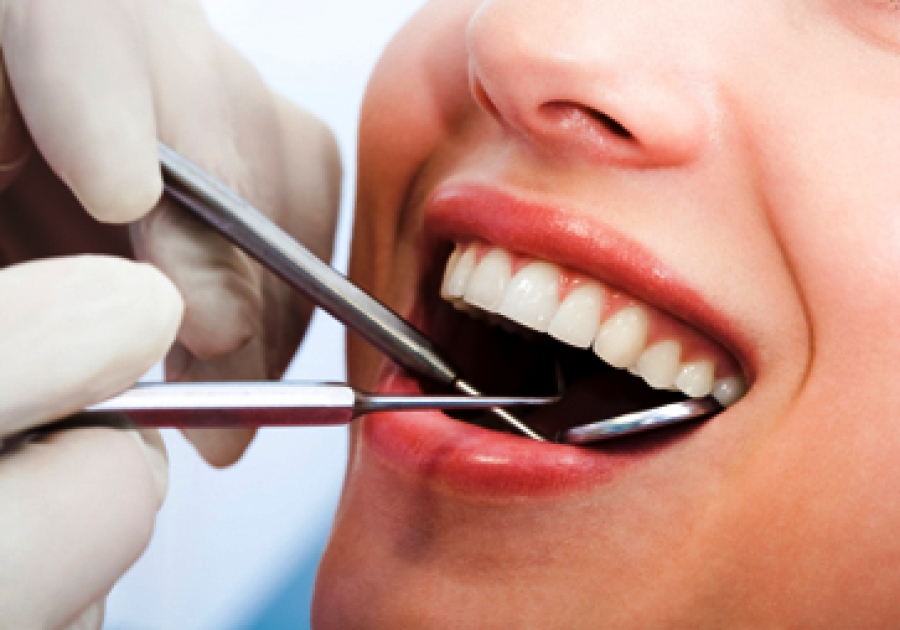
Preventive Dentistry
Preventive dentistry is the practice of caring for your teeth to keep them healthy. This helps to avoid cavities, gum disease, enamel wear, and more.
There are many forms of preventive dentistry, such as daily brushing and dental cleanings. To maintain optimal oral health, the American Dental Association (ADA) recommends visits to the dentist at regular intervals determined by a dentist. These practices are designed to ensure that teeth are clean, strong, and white. Children should be taught proper oral hygiene at an early age.
Restorative Dentistry
Restorative dentistry involves the diagnosis, prevention and treatment of oral diseases. Your dentist may suggest a treatment plan to restore teeth that are decayed, chipped, cracked, discolored or even missing. Teeth that are affected by any of these developmental or trauma-related defects can qualify for restorative care. Whether it's a filling, crown, implant or bridge, there are several options available depending on need.


Dental Implants
Dental implants are artificial tooth roots that provide a permanent base for fixed, replacement teeth. Compared to dentures, bridges and crowns, dental implants are a popular and effective long-term solution for people who suffer from missing teeth, failing teeth or chronic dental problems. Because they fit, feel and function like natural teeth, dental implants are quickly becoming the new standard in tooth replacement.
Dental implants typically have three parts:
- 1) The implant: A screw that serves as a root for your new teeth. This is what permanently attaches to your jaw.
- 2) The abutment: A permanent, but removable by your doctor, connector that supports and holds a tooth or set of teeth.
- 3) The crown (or prosthetic tooth): This is the part of the tooth that you can see. It’s usually made of zirconium or porcelain for durability and good looks.
Cosmetic Dentistry
Dentistry is no longer just a case of filling and taking out teeth. Nowadays many people turn to cosmetic dentistry, or ‘aesthetic dentistry', as a way of improving their appearance. They do this in the same way they might use cosmetic surgery or even a new hairstyle. The treatments can be used to straighten, lighten, reshape and repair teeth. Cosmetic treatments include veneers, crowns, bridges, tooth-coloured fillings, implants and tooth whitening.